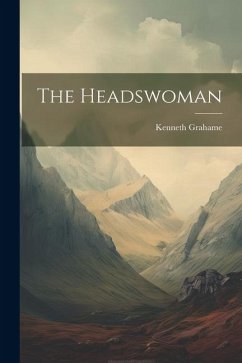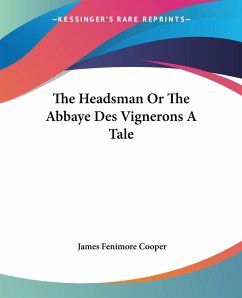This little-known novel from the author of The Wind in the Willows tells the story of a woman tasked with carrying out the death penalty in a utopian society where justice is determined by popular vote. As she comes to question the morality of her role, the headswoman faces a crisis of conscience that threatens to upend the entire social order. With its intriguing premise and thought-provoking themes, this book will appeal to fans of dystopian fiction and philosophical literature alike. This work has been selected by scholars as being culturally important, and is part of the knowledge base of civilization as we know it. This work is in the "public domain in the United States of America, and possibly other nations. Within the United States, you may freely copy and distribute this work, as no entity (individual or corporate) has a copyright on the body of the work. Scholars believe, and we concur, that this work is important enough to be preserved, reproduced, and made generally available to the public. We appreciate your support of the preservation process, and thank you for being an important part of keeping this knowledge alive and relevant.








